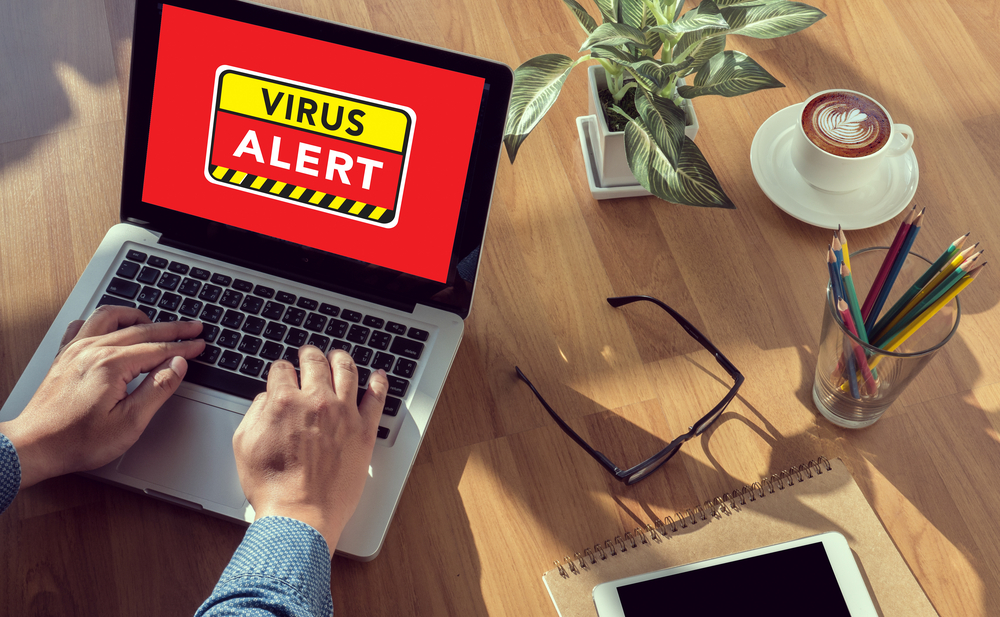Guide to detecting and removing a virus from your system
A virus is a virulent computer program that transforms already-existed programs by copying itself on the code. When the replication process accomplishes, the computer is said to be infected. The main aim of a virus is to corrupt the data of your system by deleting or overwriting.
A virus works intentionally to harm the system and all this is performed without the user’s knowledge. It is more likely to spread when a weak device, which has low or zero security comes in contact with the infected device.

How to detect a virus in your system?
Virus removal software identify and eliminate the virus from your system. They detect and eliminate unwanted files, malware, spyware, and other harmful websites. You can simply detect virus by getting following messages.
- Your internet explorer page is not displayed when you attempt to access certain websites.
- Your browser, whether it is Chrome, Internet Explorer, or Mozilla Firefox is unresponsive or hangs.
- The default page of your browser changes.
- You are redirected to unwanted web pages even when you don’t want to visit.
- You get too many pop-up messages while accessing your browser.
- Unknown or unexpected toolbars appear on the top of the browser.
How to remove the virus from your system?
A virus can be removed by installing a good antivirus on your device. An antivirus secures your device from unwanted files, malware, spyware, and ransomware, besides others. Antivirus software can be both free virus removal and paid virus removal software. Let’s discuss their effectiveness and reliability.
Free virus removal software
- This software is able to remove the virus from your device but you have to compromise with the limited features.
- They provide good technical support. You can easily access their user guide on their websites.
- There is no need for license renewal as they are absolutely free.
Paid virus removal software
- This software provides extra features like Sandbox, wireless protection, and firewall.
- They get priority in getting updates released by antivirus companies. Free antivirus software get virus updates later.
- You have to pay for installing the virus removal software and also for renewing its license.
- Paid antivirus companies provide quick and superior technical support.
How to prevent the virus?
To protect your device from the virus, you need to be proactive. You can keep your system safe by following these points.
- Always update your antivirus with the latest version. This is because the latest version always has extra features and more powerful malware-removal capacity.
- Scan your USB drives for any viruses and don’t use them on virus-infected systems.
- Don’t open any unauthorized email. They may contain the virus.
- Always keep a backup of your data on another device to avoid data loss.
- Do not install any pirated or duplicate software on your device.
Steps for virus removal
You can detect the virus on your device when it works differently or in an uncontrolled manner. You can remove it with the help of a good antivirus by performing following steps.
- Safe mode – The first thing is to turn off the Internet from the device and not using it until you clean it for the virus. By doing so, the virus will not expand. If your system is affected by malware, boot your system into safe mode. This mode limits the number of files to get loaded. This lets your system run faster in safe mode.
- Delete temporary files – The next step while remaining in safe mode is to delete temporary files and then conduct a virus scan. Deleting files helps in freeing up disc space and speeds up virus scanning.
- Download malware scanners – After doing the virus scan, it’s time to download malware scanners. This helps in removing common virus infections. Real-time virus removal software is recommended as it sets in the background and watches for malware.
A real-time antivirus provides total security to all your devices connected with the Internet. It detects suspicious files, eliminates them, and also prevents new virus to enter into your system.

